Guest post by Brandon C. Prins, Sambuddha Ghatak, and Aaron Gold
October 22, 2014: A soldier guarding a revered war memorial is gunned down in Canada’s capital city. Then shots erupt in the halls of the country’s Parliament minutes later. The two shootings left Canadian lawmakers barricaded inside offices, and parts of the city on lockdown for hours, as police searched for suspects.
December 15-16, 2014: A lone gunman holds hostage ten customers and eight employees of a Lindt chocolate cafe in Sydney, Australia. Heavily armed Australian police storm the cafe early on the morning of the 16th and free the hostages in a dramatic end to the 16-hour siege in which three people, including the attacker, are killed.
January 7-9, 2015: Paris, France, witnesses one of its worst security crises in decades with three days of attacks by gunmen that brings bloodshed to the capital and surrounding areas. It begins with a massacre at the offices of the satirical magazine Charlie Hebdo on January 7 and ends with a massive police operation two days later. The brutal rampage that kills over a dozen people shocks the French nation, triggering an outpouring of public anger at home and expressions of solidarity from around the world.
These three incidents of homegrown terrorism, perpetrated by disparate peoples on disparate victims, have no direct physical connection – but two common threads relate them. First, all of the terrorists in these attacks represent groups of people that share a sense of exclusion or alienation in their respective societies. Second, all these incidents happened in liberal democracies. Why, though, do groups in democratic states resort to violence when alternative means for political and social change are readily available? Why would an individual incur such costs when other forms of political protest are possible? If democratic countries socialize their citizens to the use of non-violent conflict resolution mechanisms, then how can certain groups reject these prevailing norms and values and launch such grisly attacks?
Extant research on the relationship between regime type and political violence concludes – incompatibly – that democracy both increases and decreases the probability of domestic terrorism. One theory (regime responsiveness) posits that terrorism arises where legal means of political expression are suppressed (Schmid 1992; Windsor 2003), while a second theory (regime permissiveness) speculates that democratic freedoms provide terrorists space in which to operate (Weinberg and Eubank 2001; Li 2005). Scholars in each theoretical camp identify a different regime-associated feature as the key determinant of terrorism. The regime-responsive school focuses on representation and the regime-permissive school on individual liberty. Scholars on both sides typically ignore the fact that democracy consists of both representation and liberty, and different features of democracy might correlate with terrorism differently. Further, scholars generally explore only the direct relationship between democracy and terrorism (Schmid 1992; Ross 1993; Eubank and Weinberg 1994; Eyerman 1998; Li 2005; Choi 2010). Yet it may be that the relationship between democracy and terrorism is conditional on some other factor. That is, democracy may have a much clearer association with terrorism only when this other condition is present. Indeed, evidence clearly shows group marginalization related to terrorism. In fact, both political and economic discrimination appear to increase the number of terror attacks experienced in a country (Piazza 2012). Perhaps regime type plays a role in fostering terrorism only when significant grievances exist.
Our research explores the prevalence of domestic terrorism in democratic states when significant discrimination is present. That is, we are not simply interested in whether political openness associates with domestic terrorist attacks, but rather we are concerned with the relationship between political openness and terrorism when political exclusion is prevalent. Discrimination can serve as a major source of group grievance against a state while political openness offers the geographic and political space necessary for mobilization. The Spanish state under Francisco Franco discriminated against the Basque people for over three decades before ETA (Basque Homeland and Freedom) began its full-fledged terrorist campaign against the state in 1979 and 1980. Importantly, the period coincided with Spain’s transition to democracy (Shabad and Ramo 1995). Generally, highly institutionalized democracies of Europe and North America are less likely to be targets of domestic terrorism. However, such countries may experience domestic terrorism if significant group grievances exist in the form of state-sponsored discrimination. The United Kingdom, for example, has historically suffered from domestic terrorism by Irish nationalist groups despite its high level of political openness.
In several analyses, we examine the rule of law as an indicator of political openness and robust democracy. Some scholars have argued that improvements to the legal and judicial systems can effectively reduce domestic terrorism. We agree that it is worthwhile to improve the rule of law; yet strengthening democratic institutions without addressing the core issue of group discrimination will likely not be an effective short-term or long-term strategy. Our research does support the strong negative relationship between an effective legal system and domestic terrorism (Figure 1) and also confirms the strong positive association between discrimination and domestic terror attacks (Figure 2).
But we further observe that improvements in the rule of law can lead to more terrorism – not less – when grievances are present (Figure 3). Yes, democracy typically helps minimize group grievances, but when it does not – and significant group discrimination remains within democratic states – the openness provided by the governing institutions enables dissatisfied groups to launch terror attacks.
A better policy option for states confronting violent non-state actors is to address the issue of grievances directly by including minorities in the political process and by eliminating state-sponsored political and economic discrimination, in addition to improving judicial institutions. While institution building must be a core part of any effort to address terrorist violence, if these institutions deliberately exclude minority groups from public goods then they are unlikely to be viewed as legitimate and grievances will not abate. Therefore, extending minority rights and facilitating inclusive governance directly eliminates grievances, which remain the root cause of intrastate conflict.
However, while our findings suggest that increasing the capacity of a discriminatory state leads to more terrorism, weak states are certainly not free from political violence. A discriminatory weak state is likely to experience high intensity conflict in the form of insurgency and civil war. Further, although accommodating minority groups might eliminate the root cause of political violence, strengthening state capacity is nearly always recommended for at least two reasons. Firstly, a strong state can prevent high intensity conflict, extract taxes more efficiently, and allocate resources for public goods. This, in turn, alleviates grievances arising from the uneven distribution of public goods if the state has the willingness to accommodate disenfranchised populations. Secondly, rebel groups are not unitary actors. They frequently suffer splintering among moderates and extremists. Bueno de Mesquita (2005) argues that militancy increases following concessions because it is the moderate terrorist factions that accept concessions, leaving extremist factions in control. Such extremist factions can be so radicalized that it is often hard to bring them back to normal life. Terrorist campaigns often relapse over time because dissatisfied factions remain active even after a peace deal with government leaders. A strong state is better able to coerce extremists engaged in a terrorist campaign. Therefore, increasing state capacity remains a desirable policy option along with eliminating economic discrimination against minority groups.
Brandon C. Prins is Professor of Political Science at The University of Tennessee and a Global Security Fellow with the Howard H. Baker Jr. Center for Public Policy. Sambuddha Ghatak is a Lecturer in the Department of Political Science at The University of Tennessee. Aaron Gold is a PhD student in the Department of Political Science at The University of Tennessee.

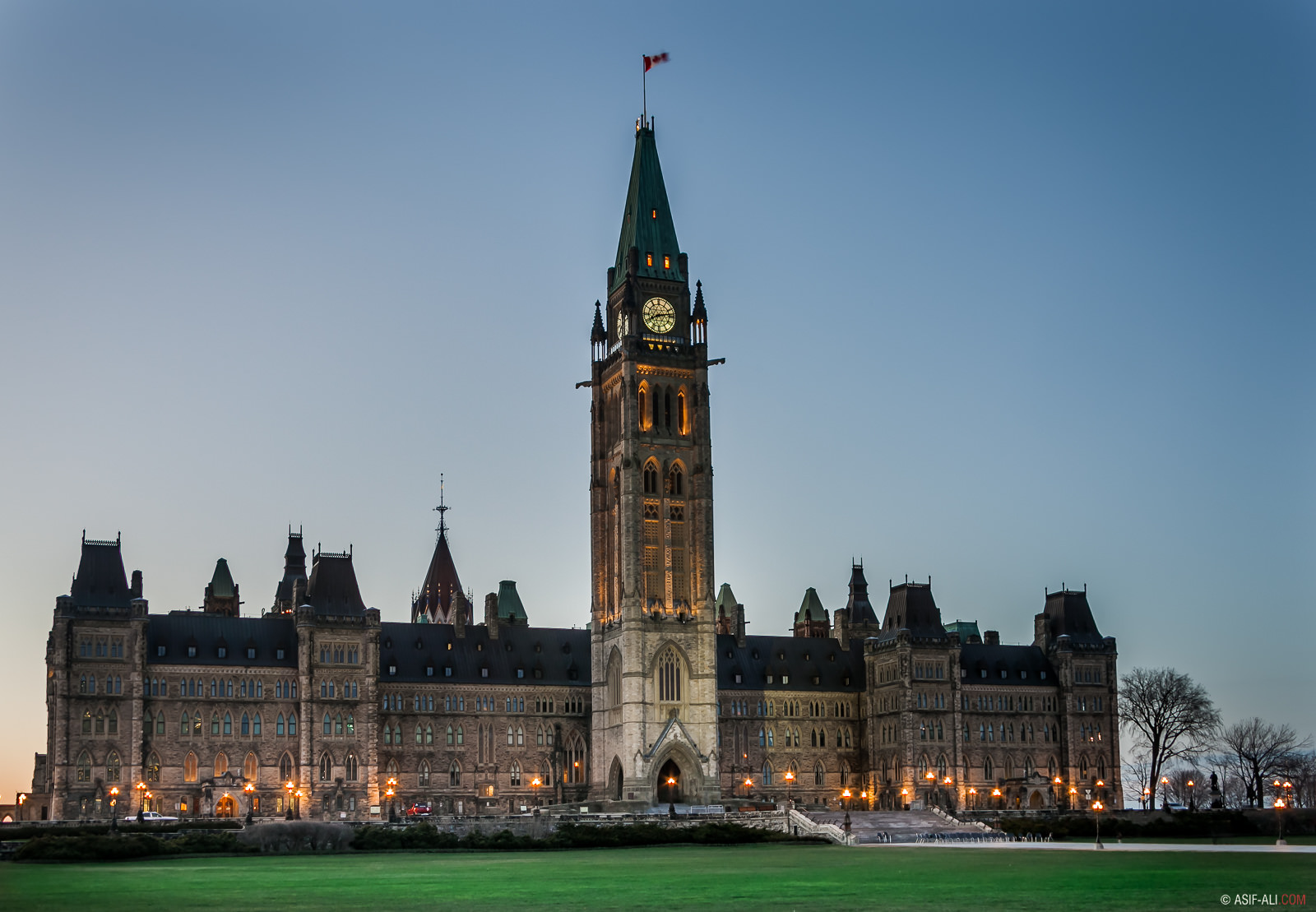


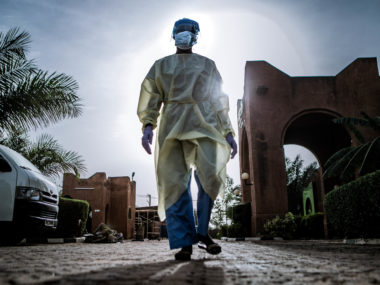

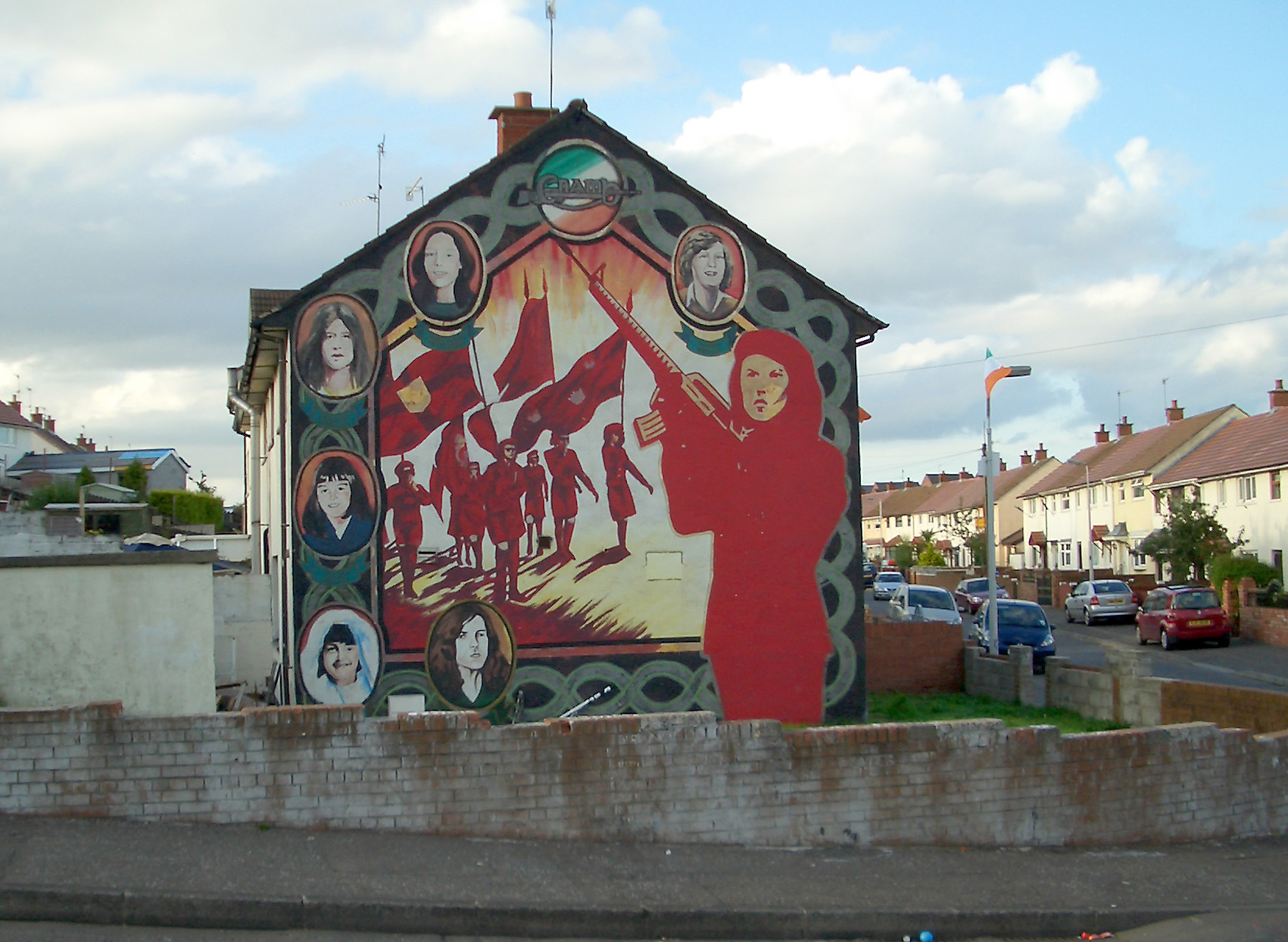
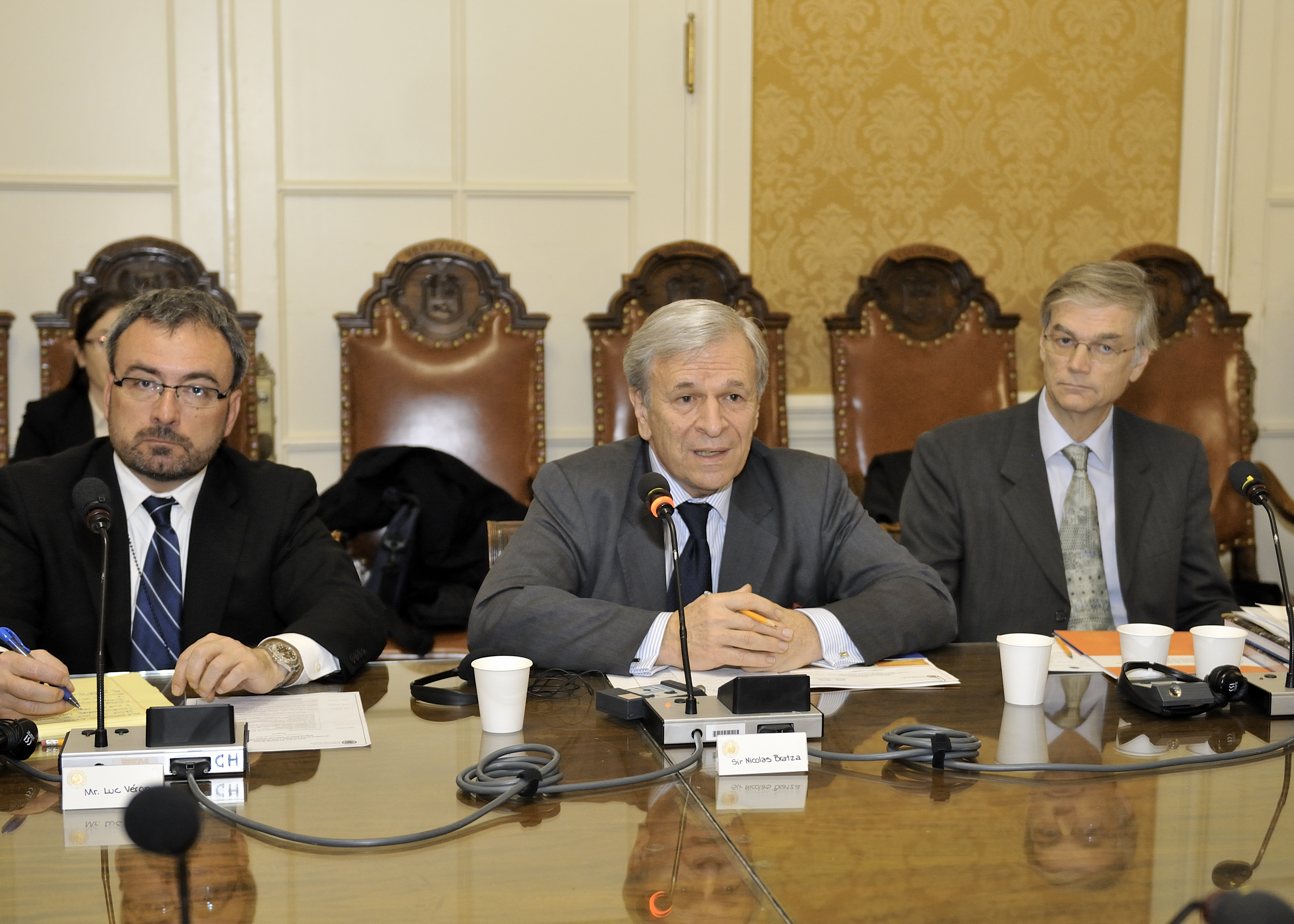
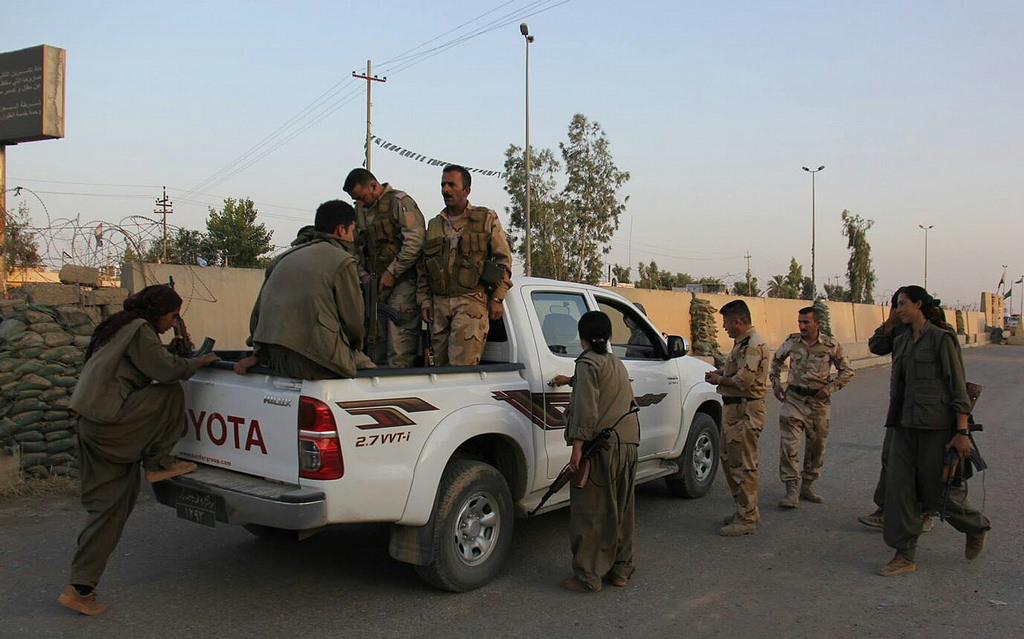
3 comments
Thank you for the elaborate, concise discussion of grievances and the causes provoking terror, conveyed in your thoughtful article “Domestic Terrorism in Democratic States: The Important Role Played by Grievances.”
In “Terrorism, Democracy, and Credible Commitments,” Michael Findley and Joseph Young argue that an independent reliable judiciary system in a democracy will reduce the domestic terrorism within that democracy. However, Findley and Young ignore the importance of grievances that are emphasized in your article. I am researching terrorist activities of the Ku Klux Klan and other white nationalists in the U.S. – a context, I believe, that cannot be merely explained by grievances. Regarding the U.S., I do not believe that the grievances can be totally attributed to the long-ago lost Civil War? In your perspective, how can ongoing KKK terrorist activities be precisely explained? Your article refers to Ethan Bueno de Mesquita’s “Conciliation, Counterterrorism , and Patterns of Terrorist Violence,” which states that violence will increase after a government’s concession to moderates – because extremists will feel shortchanged. Is violence an outcome of extreme ideologies – or do other factors also contribute to circumstances, wherein grievances are almost invisible? I am especially interested in better understanding the dynamics of the KKK, which was/is not isolated from mainstream society, but resorts to terrorist activities. I appreciate your comments, plus suggested articles which will add greater clarity to my accurate understanding of these questions. Thank you for your assistance.